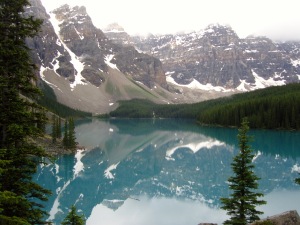Me gustaría hablar de los errores que nos encontramos con mucha frecuencia en las ediciones digitales de los periódicos. No sabemos si por la premura o inmediatez con la que se escriben las noticias o porque estas realmente no pasan por un filtro de revisores, y los redactores simplemente se limitan a pasar el corrector ortográfico del procesador de textos.
De todos es sabido que no se puede confiar en el corrector ortográfico del procesador de texto, pues si, por ejemplo, una palabra bisílaba o trisílaba como “último” o “límite”, pudiendo por su acentuación ser esdrújula, grave y aguda, aunque tengamos activada la opción de ‘revisar gramática’, este tipo de cuestiones no se detectan. Lo cual obliga al lector a releer el contexto varias veces para saber si se quería decir último/ultimo/ultimó o como en límite/limite/limité, con la correspondiente variación de significado y así, podríamos enumerar un sinfín de ejemplos.
Que el corrector ortográfico del procesador de textos detecte esta idiosincrasia de nuestra lengua, a día de hoy, es ciencia ficción.
Como ya he comentado en otra entrada, la prisa o la rapidez no debe ser una excusa o una puerta abierta a las incorrecciones en los textos publicados, independientemente de que sea en la red. En el artículo publicado en EL PAÍS queda bien patente lo que comento y así nos lo indica la defensora del lector. De ahí, la importancia del revisor o corrector, esa figura que debería estar presente en todas aquellas empresas que se dedican a la comunicación o transmisión de información. Los textos con errores dejan al descubierto la imagen y la calidad de una empresa.
También sería interesante que la asignatura de Lengua en las facultades de las Ciencias de la Información tuviera la relevancia que se merece, dado que los nuevos comunicadores deberían dominar todas las normas de la Lengua tanto escrita como hablada.
Espero ansiosa las noticias de este próximo agosto para ver si siguen los errores y horrores o si se ha mejorado en este aspecto.

